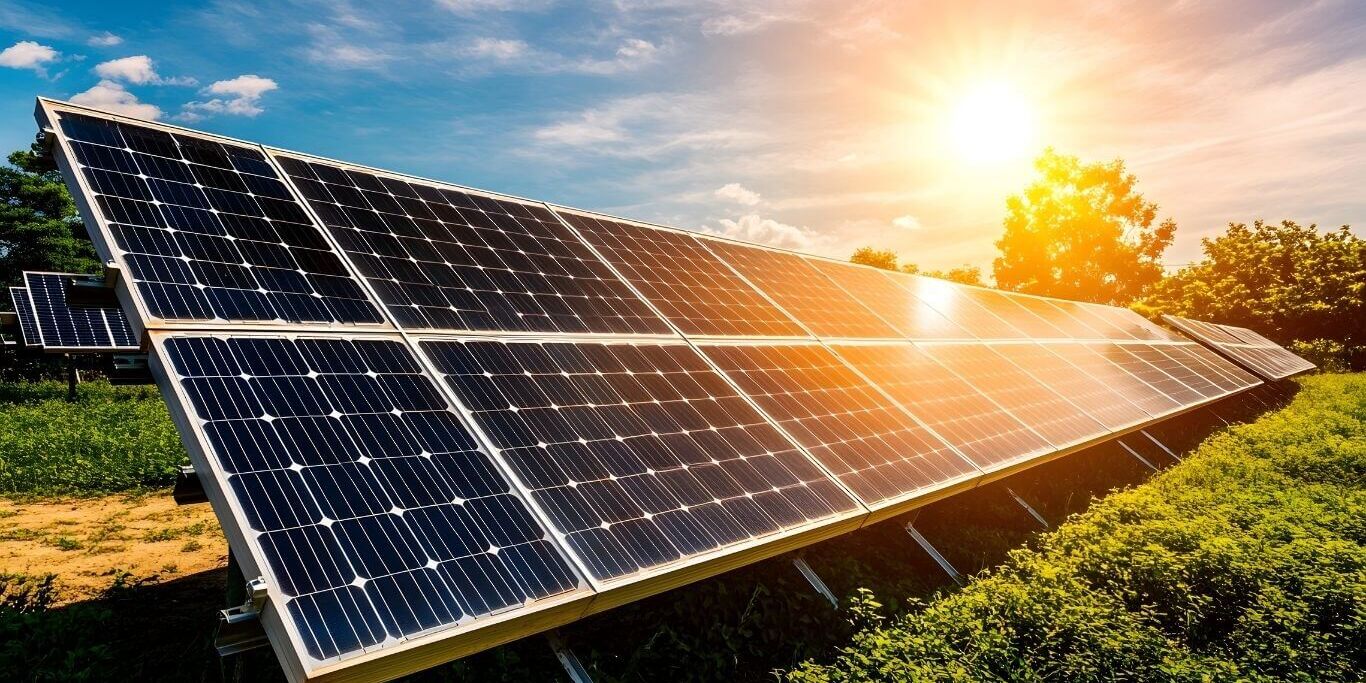by ICC Staff

Indigenous communities are at the forefront of leadership and implementation in the transition to a net-zero economy in Canada. Through active investment and ownership in the clean-energy transition, Indigenous communities across Canada are showing how economic development and environmental stewardship are complements.
From Participation to Ownership
Recent data underscore this shift: today, First Nations, Métis and Inuit entities are partners or beneficiaries in nearly 20 % of Canada’s existing electricity-generating infrastructure —and almost all of that is renewable energy. In addition, there are nearly 200 medium-to-large (≥1 MW) renewable-energy projects with Indigenous involvement, and around 2,000 smaller micro or community systems now in operation or development.
This leadership comes with real economic implications. A report from Indigenous Clean Energy (ICE) shows that medium-to-large Indigenous-owned renewable-energy projects have grown by nearly 30 % since 2017. Federal funding is also showing up, in 2025 the federal government announced over $40 million for 13 Indigenous-owned and clean-energy projects, from solar panels to heat-pump retrofits.
What does this mean for Indigenous business development and the broader economy? First, it signals a shift from resource-extraction models, where historically Indigenous communities were often passive players, toward equity ownership and infrastructure-management capability, in addition to long-term asset returns.
Economic Sovereignty Through Clean Energy
For example, equity participation in energy and infrastructure projects is still concentrated regionally: Ontario, British Columbia, and Québec account for more than two-thirds throughout the country and with Manitoba just around 2 %. Second, these projects create high-quality jobs, development of local capacity and community revenue streams tied to clean-energy infrastructure rather than simply royalties.
For active players involved in business, finance, or trade, the growing clean-energy sector presents far-reaching opportunities and responsibilities. Indigenous-owned or partnered clean-energy projects are opening new avenues for Indigenous supply-chain participation in construction, operations, maintenance, monitoring, and related services.
In short, the green transition is not just helping to tackle a reduction in emissions; it is also contributing to high-level growth in strategic industries such as energy and infrastructure. Indigenous communities, importantly, are trailblazers in this transition, both as active participants and as beneficiaries.
Join Our Newsletter
As Manitoba's voice for Indigenous business and your partner in economic reconciliation, we connect you to opportunities that drive change. Subscribe to receive updates on Indigenous business developments, partnership opportunities, and upcoming events delivered straight to your inbox.



